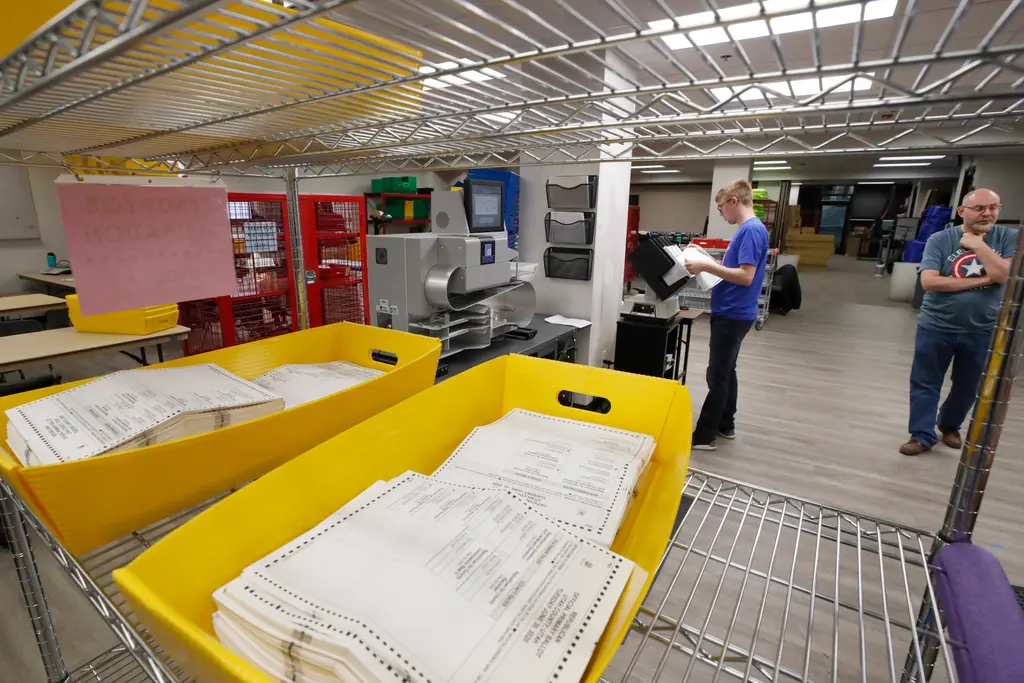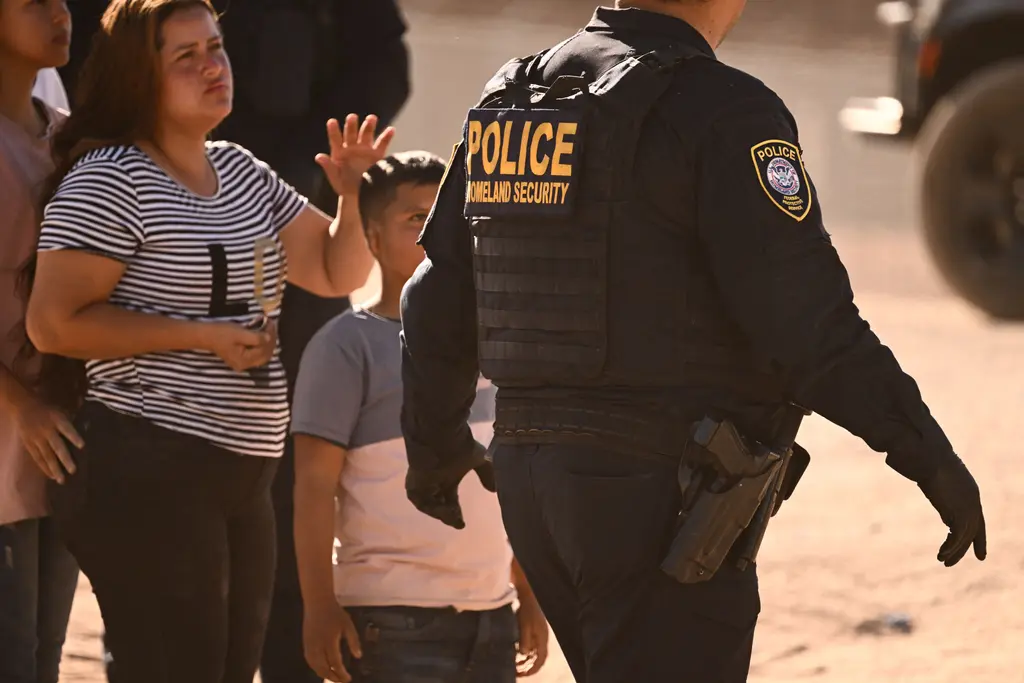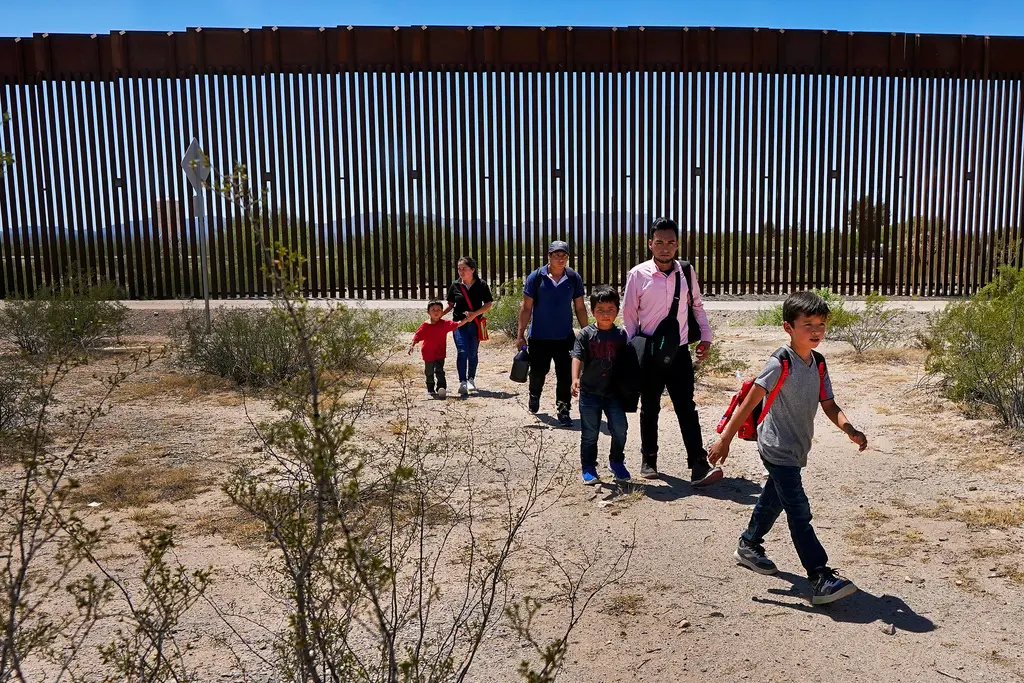The temptation of Venezuela negotiations

Does Venezuela’s acceptance of World Food Program aid and other steps signal political flexibility and a new willingness to negotiate?
The regime is desperate for sanctions relief and is probing whether the Biden istration will shift U.S. policy. And no doubt, Washington would much rather see a resolution than have the crisis fester despite the application of “maximum pressure.” A window of opportunity has opened, it seems, to discuss a path toward free and fair elections, national reconciliation, and humanitarian restoration.
The people of Venezuela have suffered long enough, and it is both natural and appropriate that observers would want to seize any opportunity to end the hemisphere’s worst humanitarian disaster of the modern era. There is an understandable temptation to pursue and expand the actions announced by Caracas.
But the primary driver of regime behavior remains the accretion and exercise of power. Dictatorships in trouble routinely offer limited, symbolic concessions to play for time and aid. To lull the international community, they do what they need to tactically even as they pursue a broader strategic aim: their own longevity.
In this light, acceptance of food aid looks different, not as regime flexibility but inflexibility. It is an astonishing development to be sure, that people who live in the nation with the world’s largest proven reserves of oil should require such assistance in the first place. Meanwhile, de facto leader Nicolas Maduro is happy to take credit for this grand gesture with the international community, even though, after destroying his own agriculture sector and wider economy, it merely allows him to the bill for feeding the Venezuelan people to others. There is little reason to read into this development his desire to negotiate anything, certainly not his own departure.
Más sobre Opinion
Additional actions touted as important signals include the transferal to house arrest of the so-called Citgo 6, and reformulation of the five member national electoral commission (CNE) to include two new drawn from the opposition. As the Citgo 6 should never have been incarcerated, their continued confinement, albeit under less terrible conditions, is no particular concession.
Similarly, adding opposition to a CNE that remains majority-controlled by the Maduro regime, which nonetheless simply ignores its rulings altogether whenever they prove inconvenient, is insignificant. It’s scandalous that changes to the CNE have been pushed through by an illegitimate national legislature resulting from fraudulent December 2020 elections unrecognized by the international community.
For a better indication of the true nature and intentions of the regime, and whether a new negotiation under current conditions would stand a better chance of success than previous attempts, one need look no further than the manner in which Maduro has conducted negotiations to procure vaccines to stem the raging coronavirus pandemic. After first agreeing with the Pan American Health Organization to send some 12 million doses of the AstraZeneca vaccine to Venezuela, Maduro blocked access because it would require him to share political credit with the interim government of Juan Guaido, recognized by the United States and almost 60 other nations as the legitimate national leader.
After intensive pressure for this about-face the regime suddenly found money it previously denied having in order to purchase vaccines separately—without the participation of the interim government—from the international Covax facility.
If sufficient funds for vaccine procurement previously existed, why not tap them early on, before the emergency became the current health nightmare? More to the point, if Maduro is willing to renege on an agreement with the interim government when the literal survival of the Venezuelan people is at risk, why would he honor a negotiation with the interim government risking his own political survival?
What observers should key on, instead, is this: if Maduro really wanted change, he would begin by releasing without condition the hundreds of political prisoners he currently holds, free the press, allow formation of a truly independent CNE, and work with rather than against the interim government to procure the food and medicines that the Venezuelan people so desperately need. These would be meaningful steps that would signal “flexibility” to the international community, not the cynical exercise of shuttling prisoners back and forth between lock ups or co-opting opposition figures into a body over which they have no authority or control.
Until such steps are taken, even as every possible avenue toward a peaceful resolution of the crisis should be pursued, the international community must maintain pressure and unity to convince leaders in Caracas that ultimately, there is no alternative to their own increasing personal hardship but exit. Only then will negotiations have any chance of success, and the Venezuelan people will once again have the ability to determine their own future free of the dreary criminal oppression and hopelessness of the Maduro regime.
(Eric Farnsworth is Vice president of the Council of the Americas and Americas Society. Guillermo Zubillaga, originally from Venezuela, is the CIO of the Council of the Americas in New York.)



